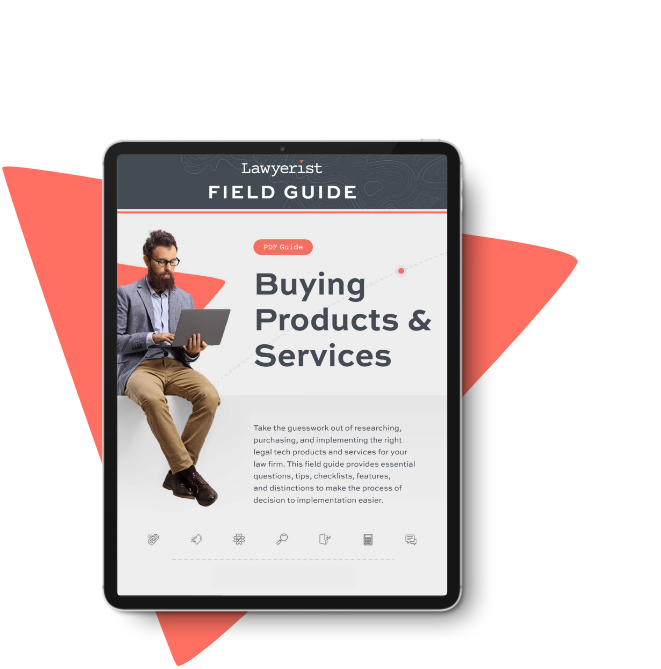Casetext Review: Online Legal Research

Lawyerist Rating for Castext
Rating Breakdown
Our Rating: 4.6/5
Our rating is based on our subjective judgment. Use our resources—including our rating and community ratings and reviews—to find the best fit for your firm.
Community Rating: 5/5 (based on 1 rating)
The community rating is based on the average of the community reviews below.
Composite Rating: 4.7/5
The composite rating is a weighted average of our rating and the community ratings below.
4.7/5
What is Casetext?
Casetext is a robust online legal research tool that uses artificial intelligence (CARA) to assist with brief review and inform search results to help lawyers enhance their research process. Our review of Casetext pricing finds a single-tier for all of its resources, which includes Statutes, Regulations, and Case Law in the Federal Courts and all fifty States. Its citator, SmartCite, also leverages its CARA tool to help find the most relevant cases for your specific fact-pattern. Additionally, it adds an extra orange “flag” to indicate when a case is still good law, but relies on an overruled opinion.
Starting Cost: $65/user/month
- Price
- Citation Check
- Integrations
- Limited Secondary Sources
- No Open API
- No Public Records
Casetext Review: Online Legal Research Features
Customer Experience & Support
/5
Price & Value
/5
Security
/5
Innovation & Future-Proofing
/5




They don't discriminate against alleged "non-lawyers"
I wish CaseText had as robust tools as Westlaw, but Westlaw is an ABSOLUTE joke.